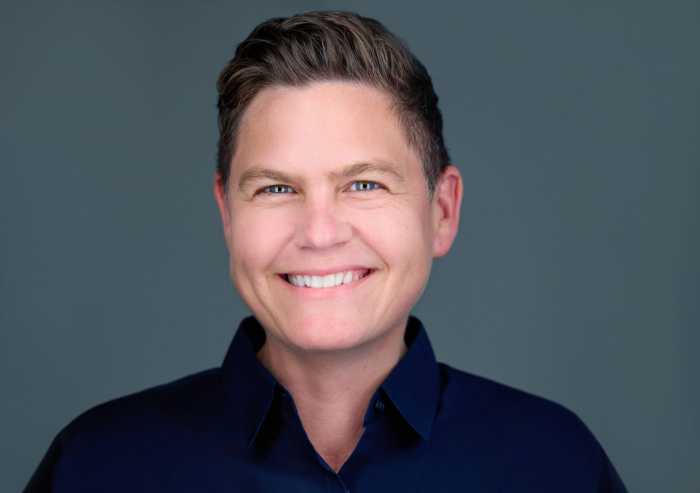Experts are gathering responses from LGBTQ older adults across the United States throughout the month of January for what is being described as the first State of LGBTQ Aging survey, which seeks to gain insight into the needs and experiences of queer Americans 50 years of age and older.
The survey is being conducted by SAGE, a New York-based national organization serving LGBTQ older adults, and the School of Public Health at the University of Nevada, Las Vegas.
The survey asks about topics such as healthcare, companionship, violence against LGBTQ people, and care plans for aging, according to SAGE.
The survey remains open through Jan. 31. To participate in the survey, visit sageusa.tfaforms.net/4664081.
While the study is being hailed as a first for national research on LGBTQ older adults, SAGE has previously published reports offering insights into the lives of LGBTQ seniors. A 2021 report by SAGE and AARP, for example, found that 23% of older LGBTQ New Yorkers were uninsured or underinsured, while nearly 1/3 of people living with HIV in the state were over the age of 50. Among other takeaways, that report showed 48% of bisexual older women and transgender older adults were living at or below 200% of the federal poverty line.
That same year, SAGE and the Human Rights Campaign unveiled a report showing that long-term care facilities lacked LGBTQ-inclusive non-discrimination policies. Two years later, New York State lawmakers passed legislation creating a bill of rights for LGBTQ people and individuals living with HIV in long-term care facilities in a move that barred discrimination against potential residents based on sexual orientation, gender identity or expression, or HIV status.
During the Trump era, SAGE fought to reverse the administration’s efforts to remove trans older adults from an annual survey of older Americans.
Late last year, the New York City Council passed legislation establishing a commission within the Department of the Aging to better serve LGBTQ older people in the city by analyzing and studying their health, housing, and long-term care needs, among other areas.


































